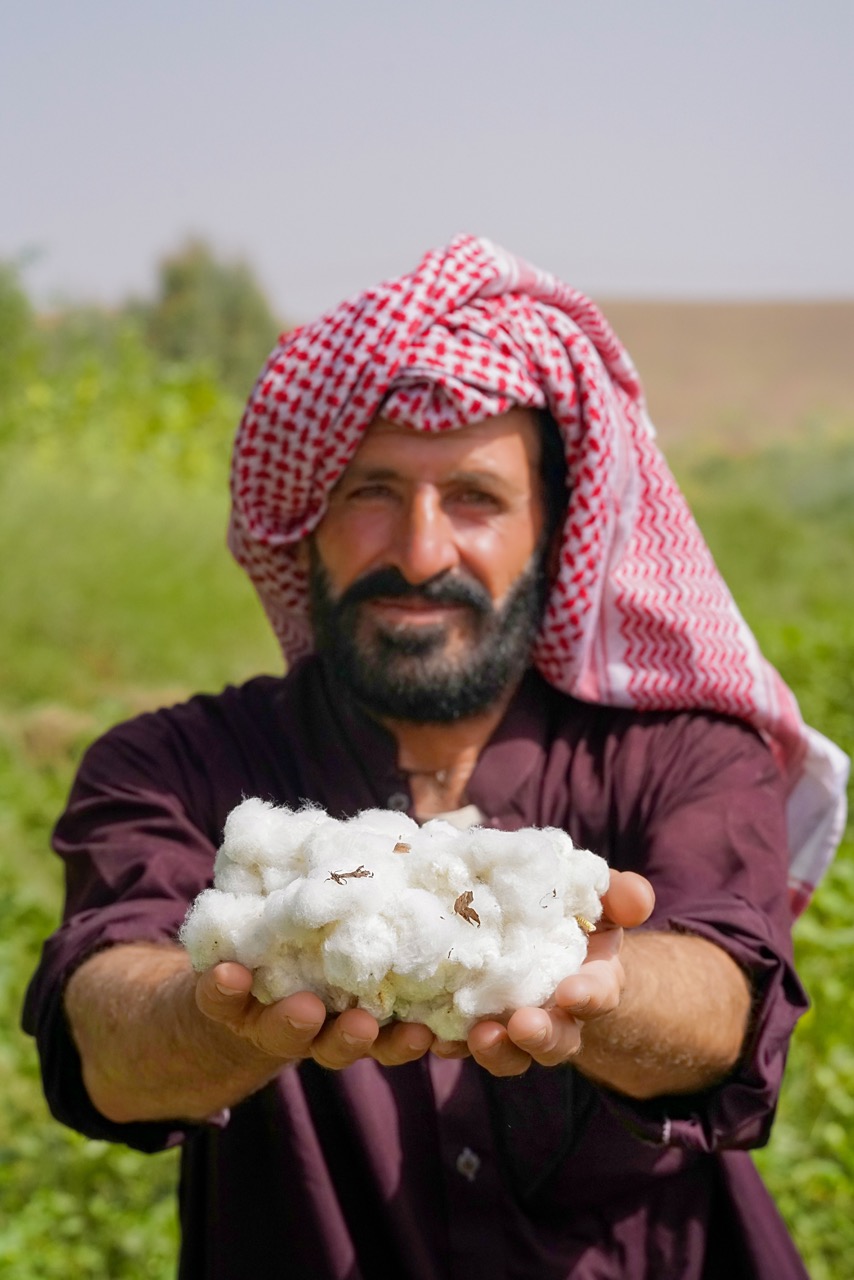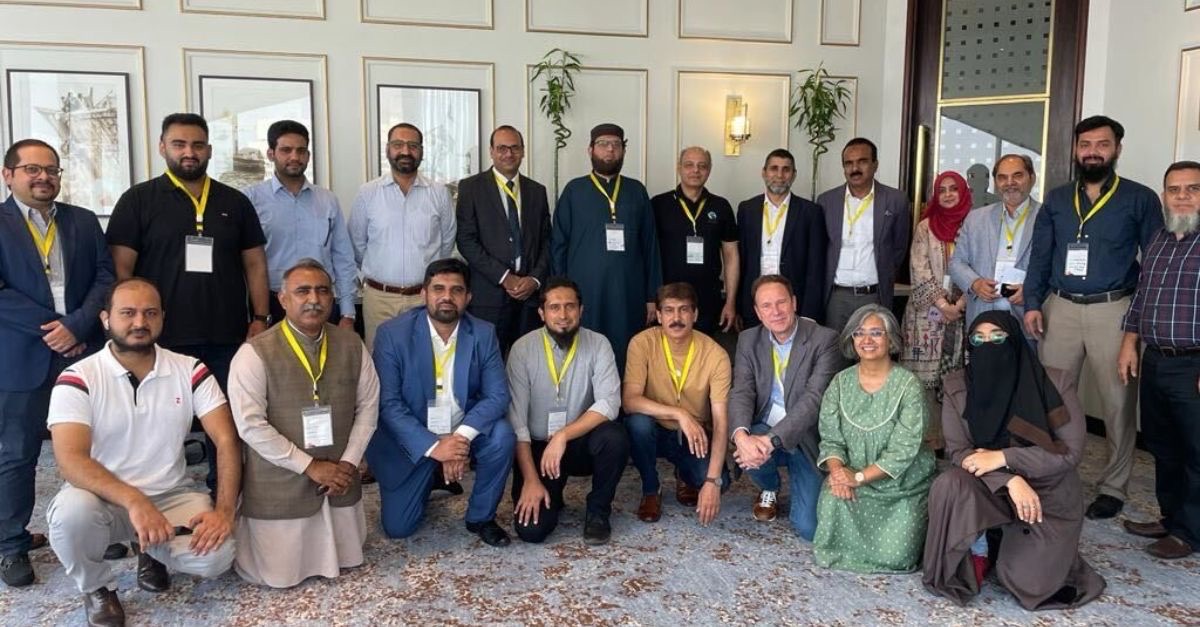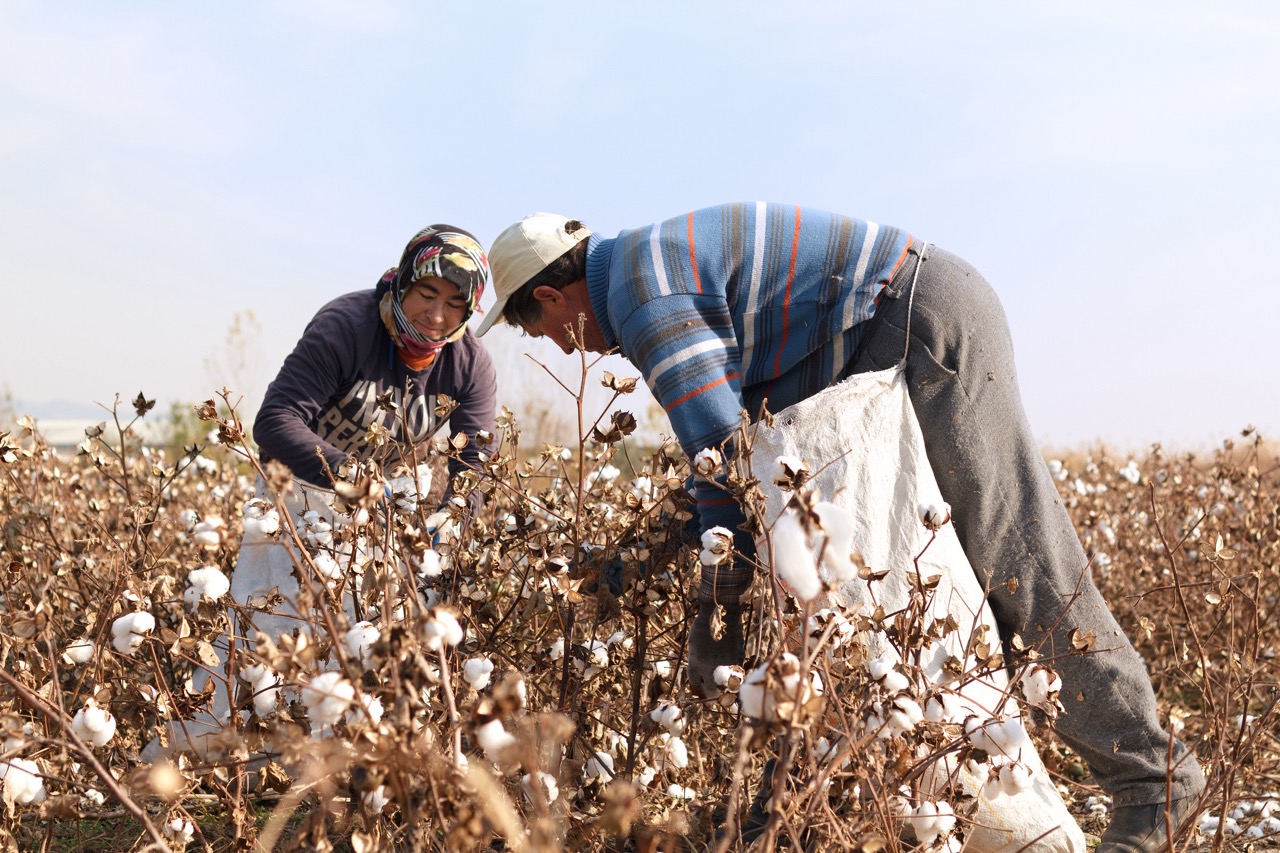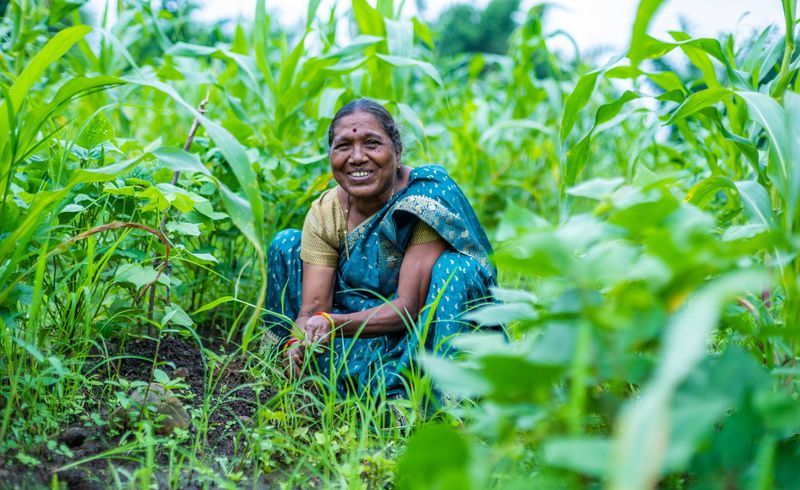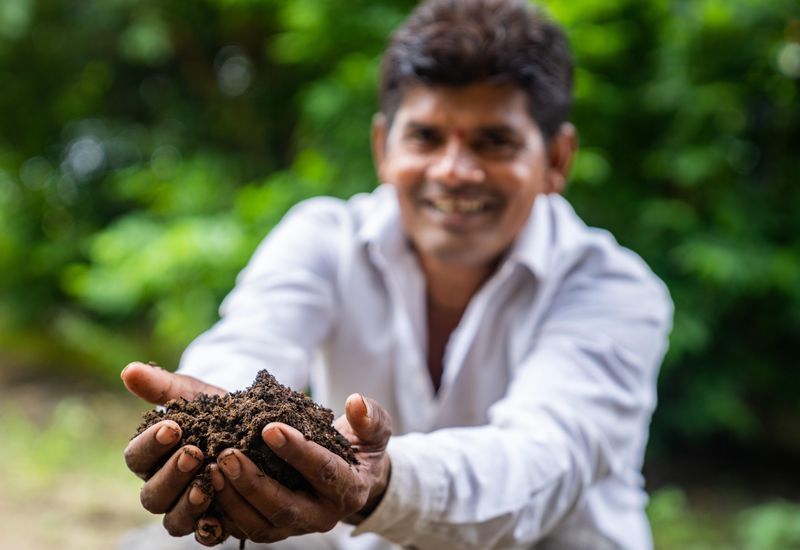back
back
our impact
03
Scaling Organic Cotton Farming for a Greener Future
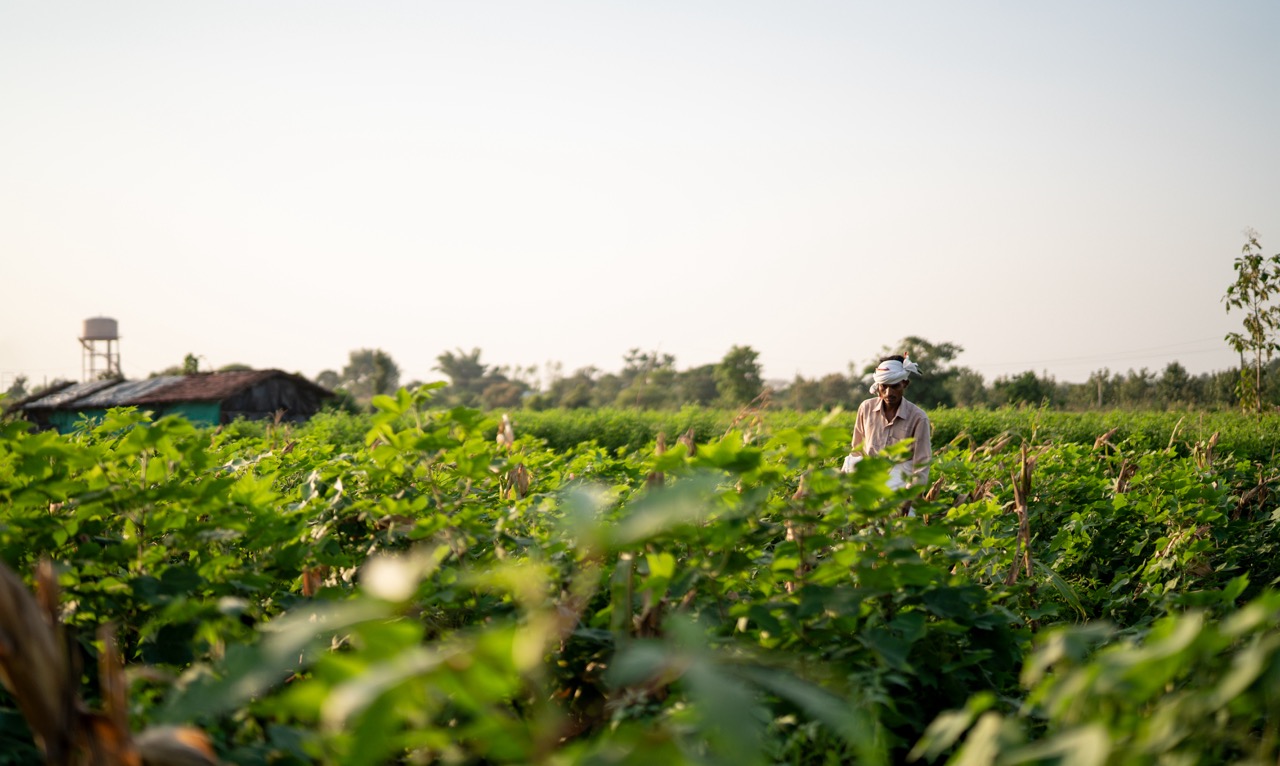
Consumer demand for organic cotton remains high and growing the supply has never been more urgent. One of OCA’s primary objectives is to foster the necessary conditions for accelerating the growth of organic cotton production. Building a case for organic in-conversion cotton remains a key action in our efforts to scale organic farming sustainably. In 2023, we made significant strides by providing support to more farmers transitioning to organic agriculture, extending our efforts in Pakistan, preparing the ground for our work in Türkiye and securing additional resources to enhance our fieldwork initiatives.
In-conversion: a necessary step towards organic
When farmers transition from conventional farming to organic, it takes up to three years before they receive organic certification status. During these three years, farmers focus on building soil fertility and restoring ecosystem balance to meet organic certification standards. Throughout this period, farmers must adhere to organic farming practices, and face challenges such as lower yields and the inability to claim organic premium prices
OCA believes that scaling organic starts with the support for farmers to engage on the in-conversion journey. We prioritise farmer-centric initiatives to support the successful transition to organic cotton farming. In 2023, we saw a 90% growth for the number of in-conversion farmers in our Farm Programme, reaching close to 36,000. Through OCA's market linkages, these farmers can benefit from secure off-take agreements and better incomes. They also received essential training and access to organic inputs.
Alongside our collaboration with key value chain actors, OCA works with philanthropic organisations that act as a force multiplier in our work. With support from our Donors, we are able to provide new resources to deepen our impact as well as match-fund robust training programmes for farmers in the critical stage of converting from conventional to organic farming. This support has allowed us to help almost 15,000 farmers to join our Farm Programme last year. Thanks to the generous support of our community of Donors, in 2023 we were able to raise an additional 1.5 million euros over a three-year period to support farmers.
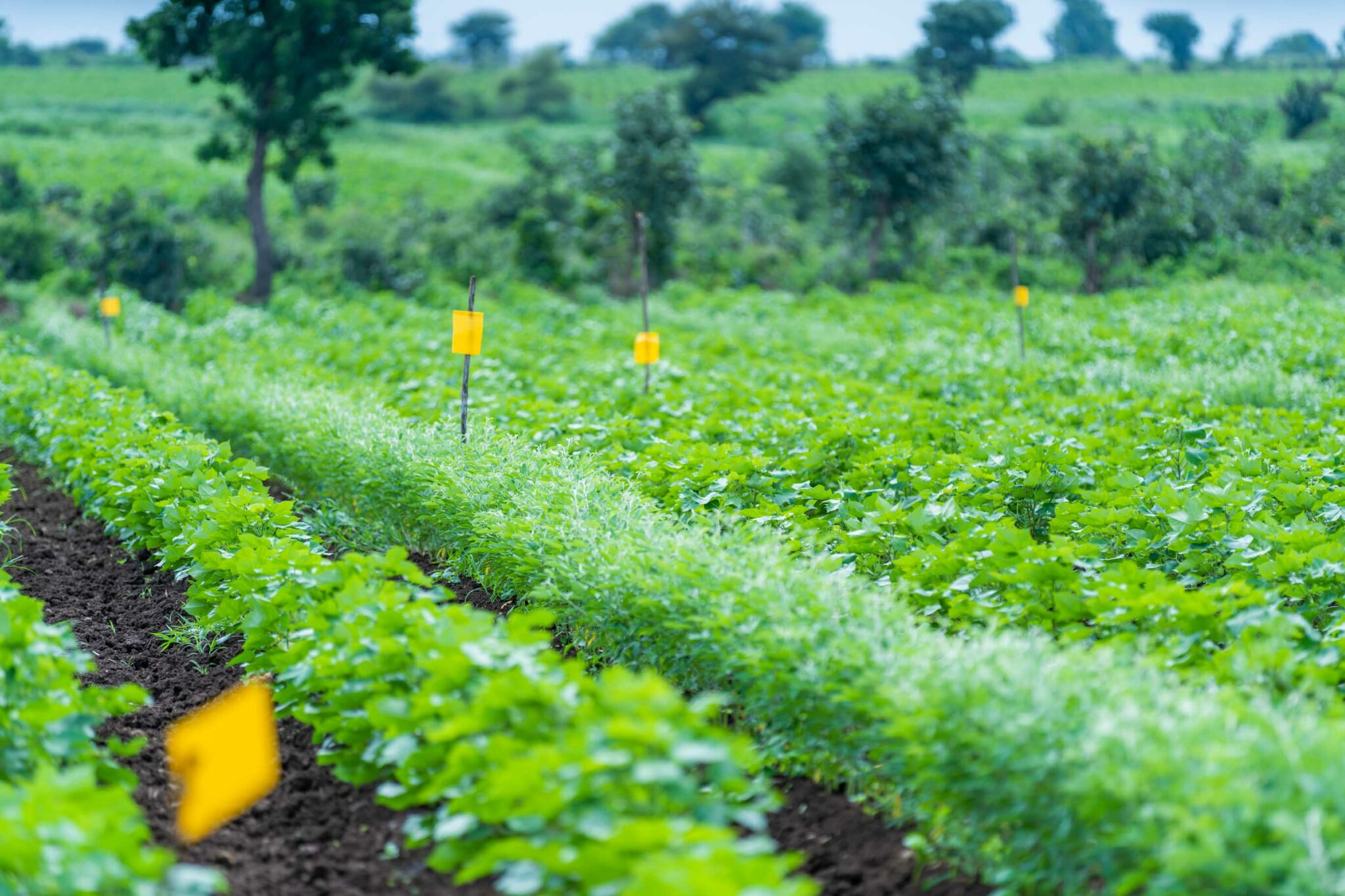
In 2023, we further developed our work in Pakistan, a key country in the global cotton industry. Through collaboration with local stakeholders, including farmers, government agencies, and industry leaders, we onboarded close to 1,300 farmers in Pakistan, providing them with capacity-building, access to technical expertise, and market linkages.
Last year we also prepared the ground for our work in Türkiye. We expanded our presence in the country through the work of our first local hire and by building the partnerships necessary to begin offering our programme in 2024.
New geographies
